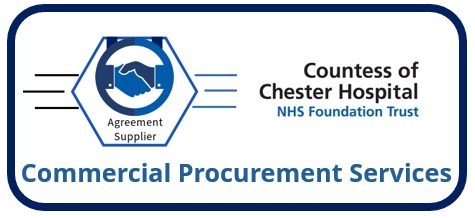My Heart Care provides consultants who are expert in dealing with Advice & Guidance requests from primary care.
Advice & guidance is a non-face-to-face, GP-led enhanced service that supports general practice teams to seek specialist advice from secondary care. Advice and Guidance (A&G) services are a key part of the National Elective Care Recovery and Transformation Programme’s work. A&G provides primary care with continued access to specialist clinical advice, enabling a patient’s care to be managed in the most appropriate setting, strengthening shared decision making and avoiding unnecessary outpatient activity.
What is advice and guidance?
Advice and guidance allows one clinician to seek advice from another. Unlike creating a booking request, where a number of providers can be selected, advice and guidance is a communication between two clinicians: the “requesting” clinician and the provider of a service (the “responding” clinician).
The reasons why a clinician may wish to seek advice and guidance include:
- asking another clinician or specialist for their advice on a treatment plan and/or the ongoing management of a patient
- asking for clarification (or advice) regarding a patient’s test results
- seeking advice on the appropriateness of a referral for their patient for example, whether to refer, or what the most appropriate alternative care pathway might be
- identifying the most clinically appropriate service to refer a patient into (and how to find that service for example, what clinical term to search on
Benefits of our advice and guidance service
- The patient only starts the formal referral process once appropriate advice has been received (indicating the best clinical pathway or management route) or the provider accepts to convert the request
- Patients do not book an appointment that may subsequently be cancelled and redirected to another service, or rejected
- Providing authorisation to convert the request to a referral may accelerate the referral process
- Used as an education resource, for the clinician – this may help with future management of patients
- Reduces the risk of a redirection or rejection of the referral and will better ensure that the correct services are offered to the patient
- May enable the patient to be managed in a community setting, with no need to refer to a secondary organisation
- Where authorisation to convert the request to a referral is given, the provider can process this which will save time for the referrer and patient
- Only patients that need to be in the service are seen by the specialist – more cost-effective use of clinician time and expertise
- Advice can be given regarding appropriate diagnostic tests required before an appointment is booked
- Referrals can be channelled to the correct consultant (this is especially useful if named clinician referrals are enabled)
- Where authorisation to convert the request to a referral is given, the provider can efficiently book the patient an appointment, in some case negating the need for further clinical review
- If only clinically appropriate patients are booked into a clinic there will be an ease on the demand for a service, as inappropriate patients are not taking slots that are more appropriately needed by others
- This will help the provider organisation ensure that the patient’s pathway is kept to a minimum and that delays are not introduced due to the need to redirect patients
- If the patient is booked into the right place at the right time, less administrative time is taken up ensuring that the patient is moved and seen in the correct service
- Providers should be better able to manage their 18-week RTT times, as patients who are eventually referred should be better clinically prepared
- There will be a reduction in the number of patients that find themselves in the Appointment Slot Issue (ASI) process and have to be managed outside of e-RS by the provider organisation


